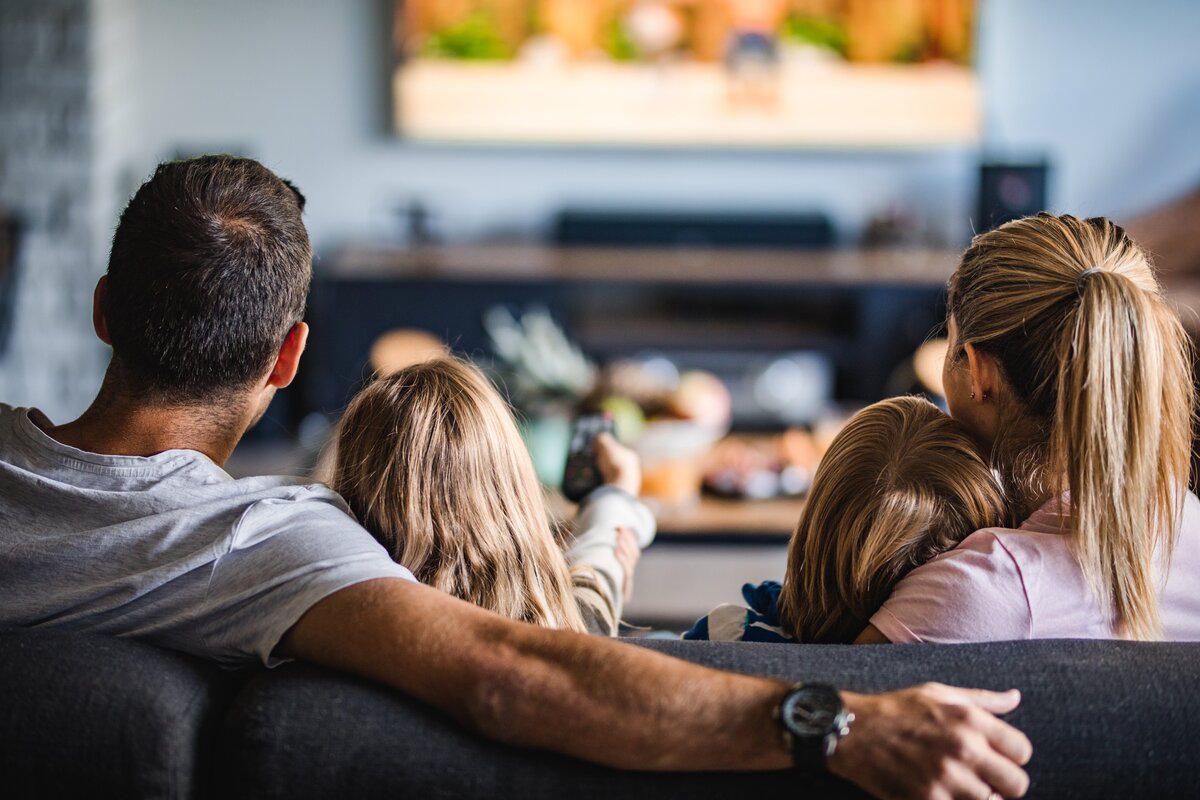Buying a Council House
Written on 19 June 2019 by

If you live in a council house or flat and want to learn more about how you can buy your home - you’ve come to the right place. This article will take you through the basics of buying your council house, so that you can decide whether it’s a good move for you.
Can I Buy My Council House?
All council house occupants have the right to apply to buy their home. Of course, this doesn’t mean you’ll definitely be successful – but you have the option to apply. The Right to Buy scheme was introduced as part of the Housing Act in 1980. It’s proven beneficial to tenants, not only because it protects their right to buy their home, but also because it stipulates that tenants can buy their council houses at discounted prices from their local council.
Here are a few requirements you need to meet if you wish to buy your council house:
- You must use your house as your sole or main home
- Your home must be self-contained
- You must have been a secure and reliable tenant
The full Right to Buy scheme is only available in England. Wales and Scotland have versions of the scheme.
How Much Can I Buy My Council House For?
The cost of buying a council house depends on several factors, but the following discount rates are the standard:
- You can receive a discount of 35% if you live in a house and you’ve been a tenant for 3-5 years. After 5 years the discount increases by 1% for every further year you’ve been a tenant, up to a maximum of 70% - subject to regional amount maximums
- You can receive a discount of 50% if you live in a flat and you’ve been a tenant for between 3-5 years. This then increases by an extra 2% for every further year you’ve been a tenant, up to a maximum of 70% - subject to regional amount maximums
You can use the government’s Right to Buy calculator to work out what you’d have to pay to buy your council house.
How Do I Buy My Council House?
The first step to buying your council house is to complete an application form and send it to your local council’s housing department. They’ll work out the value of the property and any land included in the price. They’ll also consider any additional costs, like service charges, or any issues that may affect the value of the property. After a value is set, you’ll have 12 weeks to let your landlord know whether you want to buy the property.
When Can I Sell My Council House?
There are discounts you may need to pay back if you want to sell your council house in the first few years. This will depend on the price of the house at the time you sell it and the amount of time you own it for.
If you bought your home through the Right to Buy scheme, you must pay back:
- The full discount if you sell your house within a year
- 80% if you sell within 2 years
- 60% if you sell within 3 years
- 40% if you sell within 4 years
- 20% if you sell within 5 years
How Do I Get a Mortgage for My Council House?
As with any house purchase, you may need a mortgage to buy the property. We recommend reading our guide, Applying for a Mortgage, to understand what the full process involves. A mortgage lender will require documentation from you – such as proof of ID, payslips and any recent bills – and will run a credit check to ensure you can keep up with payments.
Buying a property is a big life decision. It’s always advisable to consult a mortgage adviser before applying. We can guide you through the process and find you the most suitable deal out there.
Before You Apply for a Mortgage
If you think you can improve your credit rating, then do it before you apply for a mortgage. A higher credit score means you would be accepted by more lenders and the more lenders you available to you, the better your chances of obtaining a competitive mortgage rate.
It’s also a good idea to start planning for the additional costs that come with buying a property, like:
- Stamp Duty
- Valuation fees
- Solicitors fees
- Potential maintenance charges – if you’re buying a flat
Remember that, once you buy your own home, you’re responsible for the additional costs that your landlord may have previously covered, e.g. buildings insurance. This is true regardless of whether you had a private landlord, or your home was owned by the local council.
If you’re interested in buying your council house, you may be interested in our mortgage rates for first-time buyers. You may also find it useful to read up on the types of mortgages and how they’re suitable for different homebuyers.
There’s a deal out there that would fit your situation – and we can find it for you. To speak with an adviser now, simply call us on 0330 433 2927 or send an enquiry.
Categories:First-Time Buyers, Robyn Clark
The blog postings on this site solely reflect the personal views of the authors and do not necessarily represent the views, positions, strategies or opinions of John Charcol. All comments are made in good faith, and John Charcol will not accept liability for them.


